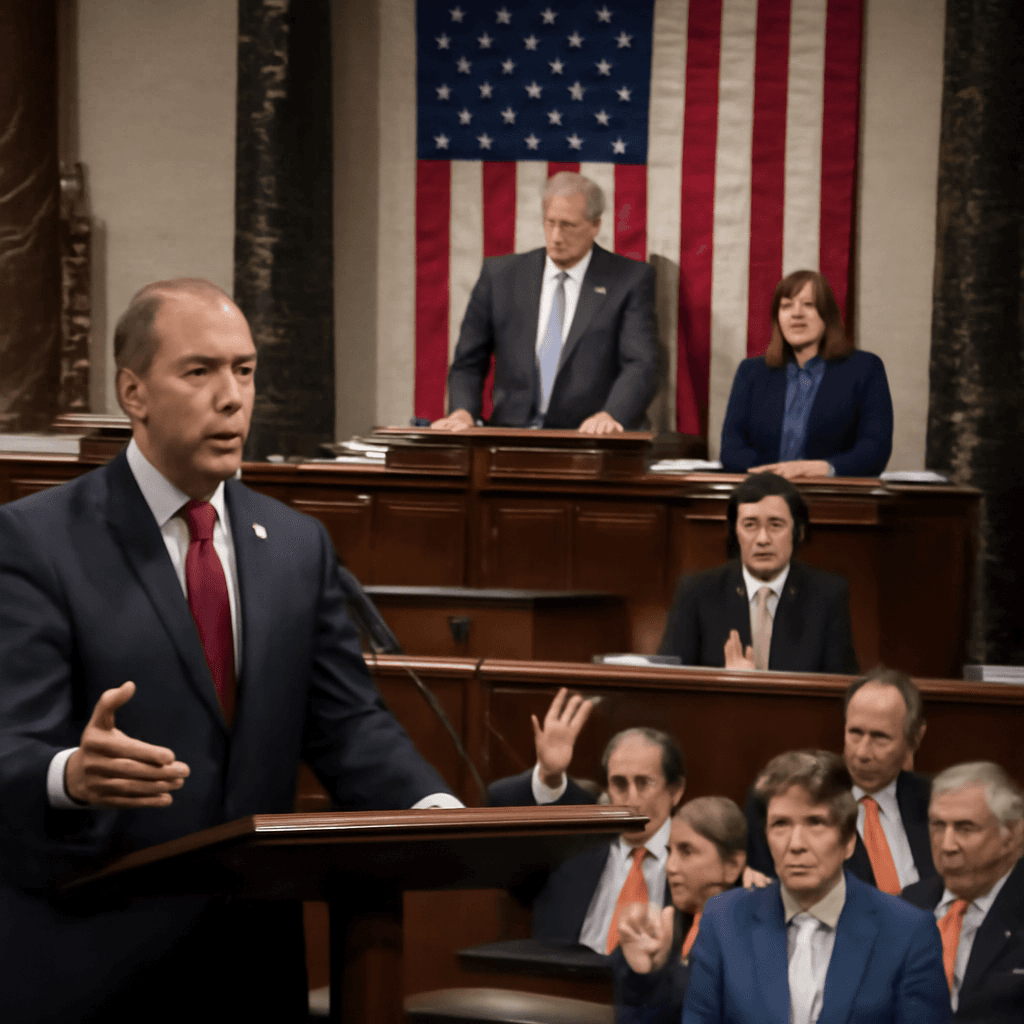Senate Parliamentarian Emerges as Crucial Gatekeeper for GOP's "Big Beautiful Bill"
Republicans in Congress have spent months crafting an ambitious tax and spending proposal known as the One Big Beautiful Bill Act. Designed to unite the GOP's divergent wings, the bill now faces a pivotal hurdle—not from political opponents, but from an unelected Senate official called the parliamentarian. This behind-the-scenes arbiter wields immense power, determining what provisions can stay based on Senate procedural rules.
The Parliamentarian’s Critical Role in Shaping Legislation
The Senate parliamentarian, a long-overlooked figure, is now at the heart of negotiation drama. Entrusted with enforcing complex Senate rules, she judges which bill elements comply with the filibuster-proof reconciliation process, allowing passage with a simple majority rather than the usual 60 votes.
Recent rulings from the parliamentarian have struck down several high-profile components of the GOP’s bill, including:
- A plan to transfer millions of acres of public lands
- Cuts targeting the Consumer Financial Protection Bureau
- Restrictions on federal grants to sanctuary cities
- Medicaid exclusions barring certain populations
- Proposed rollbacks of environmental funding and emission standards
- New Medicaid-related taxes expected to raise hundreds of billions
Each rejection forces Republicans either to substantially rewrite or completely drop the affected provisions in order to pass the legislation under reconciliation, sparking a tense race against time and internal party divisions.
Who Is Elizabeth MacDonough, the Senate Parliamentarian?
Elizabeth MacDonough has served as the Senate parliamentarian since 2012, becoming the first woman to hold the role and only the sixth person in history. A seasoned government veteran from Washington, D.C., she is known as a rigorous, impartial arbiter who prioritizes procedural correctness over politics.
Though she maintains a low profile, MacDonough’s influence extends far beyond her office walls. She has guided the Senate through multiple impeachment trials and protected Electoral College documents during the January 6 Capitol attack.
Why Is the Parliamentarian’s Word Final?
While the Senate parliamentarian’s decisions are technically advisory, they are treated as final under current rules. The reason lies in the delicacy of filibuster and reconciliation rules, which are incredibly technical and must be tightly enforced to maintain Senate order and fairness.
Some GOP lawmakers have expressed frustration and floated the idea of overruling or even firing the parliamentarian using a controversial Senate procedure known as the “nuclear option.” However, Senate leaders have so far resisted, wary of setting a precedent that could cost them leverage while in the minority.
The Path Ahead: GOP Scrambles to Salvage the Bill
Senate Republicans, led by Majority Leader John Thune, acknowledge the need to adapt. Thune stated that while some provisions will be rejected, alternative legislative pathways exist to achieve similar goals. Party leaders are revising rejected sections, particularly Medicaid-related measures, to appease both the parliamentarian and skeptical GOP senators.
Notably, the Medicaid provider tax — aimed at generating roughly $200 billion — has sparked intense debate within the party, as some senators worry about its impact on rural hospitals.
Despite these hurdles, Republicans remain committed to passing the legislation, although the timeline is uncertain and the final product may look very different than initially envisioned.
The Stakes: More Than Just Political Maneuvering
The parliamentarian’s intervention reveals how procedural gatekeepers can wield outsized influence in American politics, shaping landmark legislation behind the scenes. For the GOP’s domestic agenda, the coming days will be a delicate balancing act between satisfying Senate rules, managing intra-party factions, and delivering on campaign promises before the summer recess.
Summary
The Senate parliamentarian's rulings have vetoed several GOP bill provisions, forcing Republicans to reconsider key parts of their tax and spending plan. This illustrates the critical role a nonpartisan official plays in enforcing Senate procedures and highlights growing internal GOP tensions as leaders try to salvage their legislation.


















